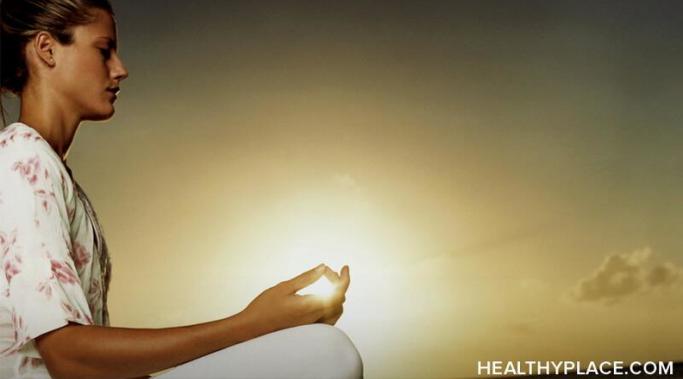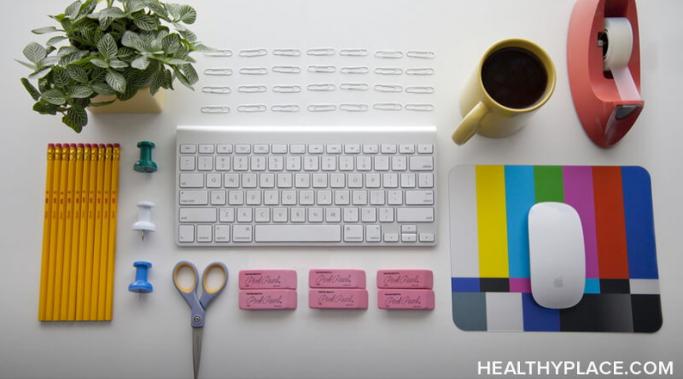Being in awe as a thought practice can completely transform the way you experience the world. If you wake up and choose to live in awe, you’ll likely notice previously-missed details in your environment and the people around you ("The Relationship Between Anxiety and Awe"). Being in awe is so natural to children; if you spend time around kids, you’ll notice they’re fascinated by small details. Bubbles, colors, animals, nature, and how things work all fascinate children. However, as we grow older, we lose some of this awe and wonder, and the feeling of being in awe disappears.
Living a Blissful Life
Winter is a great time to experience the joy of hygge. If you've never heard of the Scandinavian practice of hygge (pronounced HOO-guh), think crackling fire, fuzzy socks, mugs of hot cocoa, flannel pajamas, and warm blankets. There is no direct translation in English, but it derives from the Norwegian word for "wellbeing." Hygge is generally considered a Danish practice that encourages wellness by creating cozy, comforting experiences. As the daughter of a Norwegian immigrant, my mom often incorporated this concept into our home environment and I have a deep appreciation for it. Whenever I'm feeling anxious or sad, I know I can soothe myself by practicing the joy of hygge.
It can be a struggle to be present, but using this victory visualization can help bring you from future desires back to the present moment. A writer I admire recently posted this inspiring visualization and my twist is intended to provide relief from anxiety. Many of us live in future thoughts -- whether we're worried about future anxiety or only thinking about what we're trying to achieve in order to move on to the next goal or task. Help yourself to be present with these steps.
We've all heard that meditation can reduce stress, improve our emotional wellbeing, and help us increase self-awareness. As a person who struggles with anxiety, I found meditation difficult in the beginning. I wanted to relax, but my mind continually wandered to all the things I needed to do. My body was fidgety, and I worried I was doing it wrong. I brought my concerns to my meditation teacher who helped me see you don't have to meditate perfectly to reap the many benefits of meditation.
If we reduce irritability, our experience of life changes. Irritability can be a side effect of many mental illnesses ("Irritability and Mental Illness: Just Stop Already!"). However, your day doesn't need to be controlled by irritation.
Setting healthy boundaries is an essential element of relationships but navigating the implementation of boundaries can be intimidating. A therapist once said to me, "We teach people how to treat us." Those words stayed with me. Once I understood that I teach people how to treat me based on what I will and won't tolerate, I felt empowered and began setting healthy boundaries in my relationships.
Reducing clutter improves mental health. Clutter can affect your mental health and get in the way of your blissful life. Reducing clutter by spending even 10 minutes each day organizing or cleaning can make a difference in your overall happiness and health.
Smartphones can affect our mental health in both negative and positive ways, but lessening screen time can help create more bliss. Our technology can be great for connecting with remote friends and family, keeping up with the news, learning, or convenient shopping. However, smartphones can also become a source of anxiety: we can fear we’re missing out, put ourselves into a downward spiral of social media and news negativity, or constantly work rather than taking much-needed rest. Screen time before bed can also make sleeping difficult and lack of sleep negatively impacts mental health.
Conflict resolution skills are important because interpersonal conflict can be tricky, but there are simple skills you can use to resolve conflict with ease. Recently, I employed my best conflict resolution skills when I accompanied my sister to her wedding dress fitting. Anyone who has planned a wedding knows how stressful it can be. There is so much pressure to put it all together, and emotions can run high. It is helpful to expect some conflict and to be prepared to use healthy conflict resolution skills.
What’s the most recent interaction that easily offended you, caused immediate anger, or raised your hackles?









